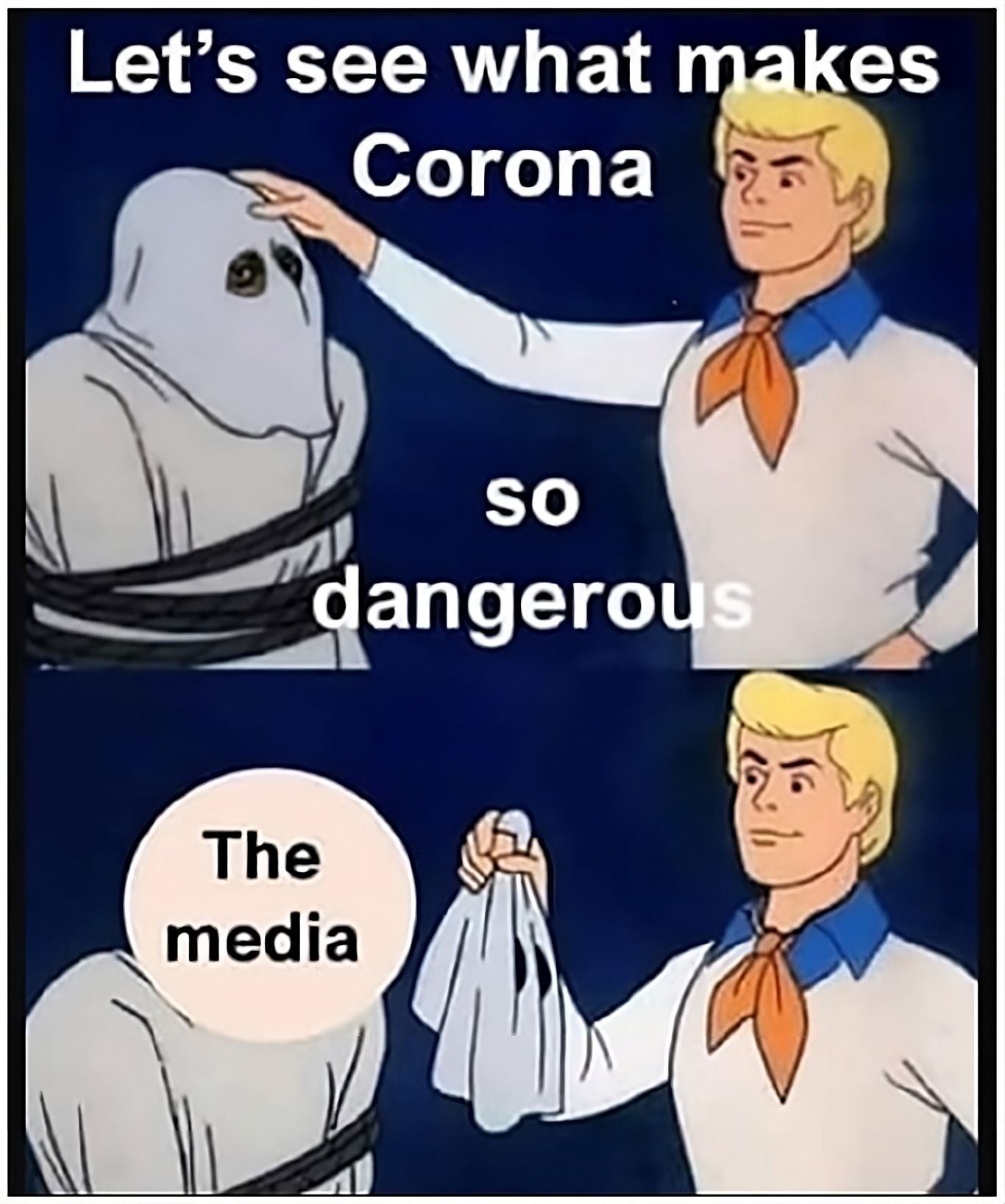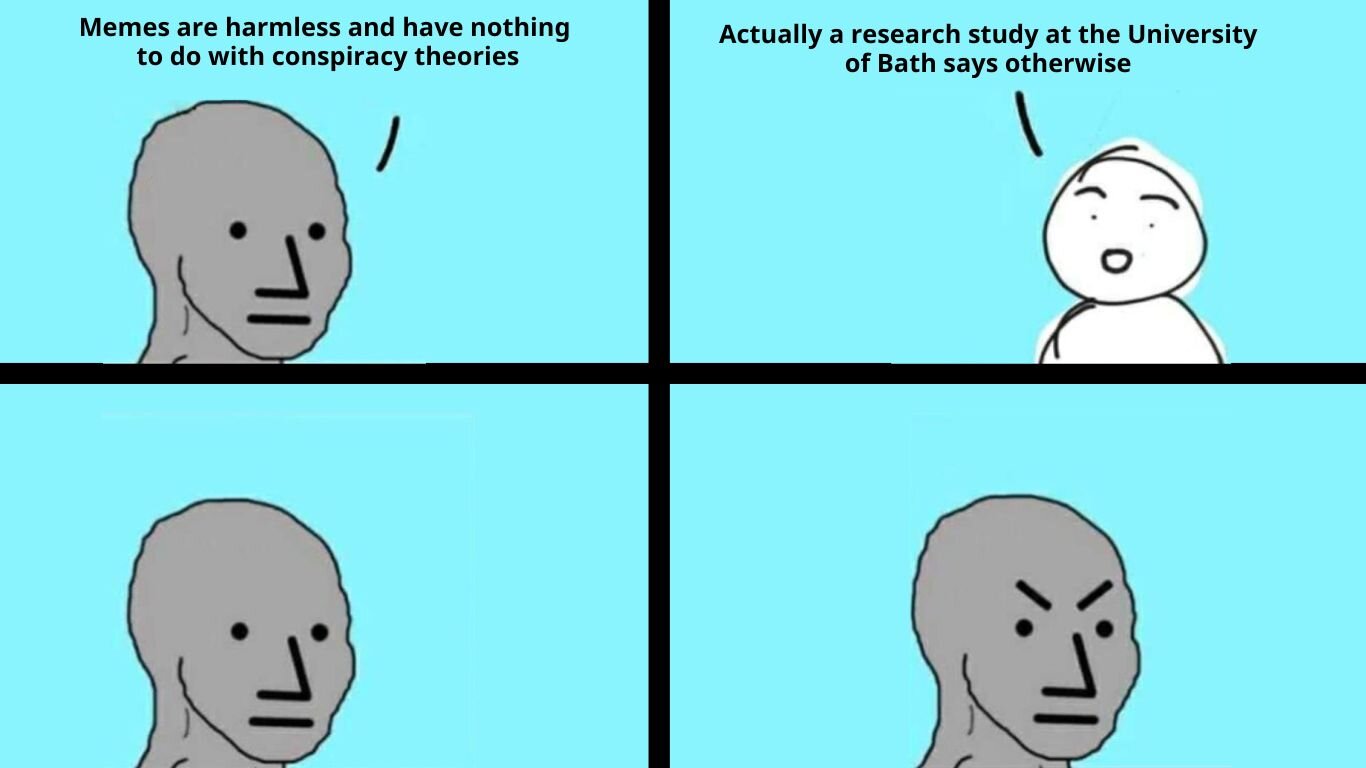Are memes a powerful tool for conspiracy theories? 🤔
Follow us on Google News (click on ☆)
Researchers from the University of Bath explored the cultural impact of memes within these communities. Their work, published in Social Media + Society, reveals that memes are not just elements of entertainment, but also vectors of collective beliefs.

Simple and humorous: example of a meme
The analysis of 544 memes on Reddit, between 2020 and 2022, identified three recurring themes: deception by authorities, public disappointment, and the superiority of conspiracy theory believers. These themes structure conversations and reinforce group cohesion.
Emily Godwin, lead researcher, emphasizes that memes serve as a common framework of understanding, facilitating discussions and reducing disagreements. This cohesion allows dangerous ideologies to take root and thrive.
Dr. Brit Davidson, co-author of the study, adds that the humor of memes, often based on mocking elites and the public, attracts new members. These individuals may not be aware of the impact of the disinformation they share.
The researchers call for more studies on the evolution of digital expression. They suggest that emojis, hashtags, online rituals, and specific jargon could play a similar role to memes in stabilizing conspiracy theory communities.
This research opens new perspectives on how memes, beyond their playful aspect, can influence beliefs and online behaviors. It highlights the importance of understanding these mechanisms to better combat the spread of dangerous ideas.
How do memes reinforce conspiracy theory communities?
Memes play a crucial role in the cohesion of online conspiracy theory communities. They provide a common visual language that facilitates communication and the sharing of ideas. By encapsulating complex concepts in simple and humorous images, memes allow for rapid and effective dissemination of beliefs.

University of Bath study on the role of memes in online conspiracy theory communities: memes offer a simple and shareable format for spreading harmful collective beliefs.
Credit: University of Bath
These images also serve as identity markers, reinforcing the sense of belonging to the group. By sharing memes, members of these communities affirm their adherence to a specific worldview, often in opposition to dominant narratives.
Finally, memes act as tools of social stabilization within these groups. They allow navigating internal disagreements by providing a common frame of reference, thus reducing the risks of fragmentation. This stability is essential for the persistence and growth of conspiracy theory communities.
What is the impact of humor in memes on the spread of conspiracy theories?
Humor is a key element in the attractiveness and spread of memes related to conspiracy theories. It makes complex ideas more accessible and engaging, thus facilitating their adoption by a wider audience. The use of humor also helps defuse potential criticism by presenting beliefs in a less serious light.
However, this apparent lightness often masks deep and sometimes dangerous messages. Humor can serve as a vector for ideas that would otherwise be rejected or ignored. It creates an emotional distance that allows individuals to engage with content they might otherwise find troubling.
Finally, humor in memes can act as a recruitment mechanism, attracting individuals who are not initially engaged in conspiracy theories. By making these ideas fun and shareable, memes can seduce new followers, thus expanding the influence of conspiracy theory communities.